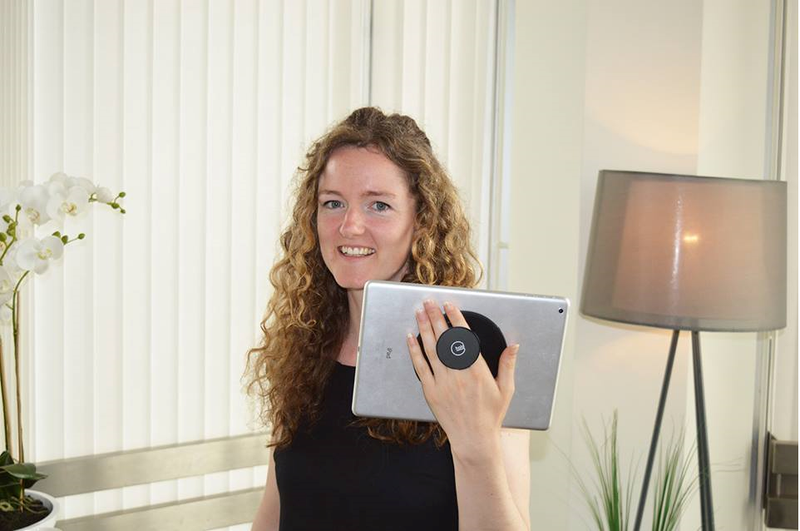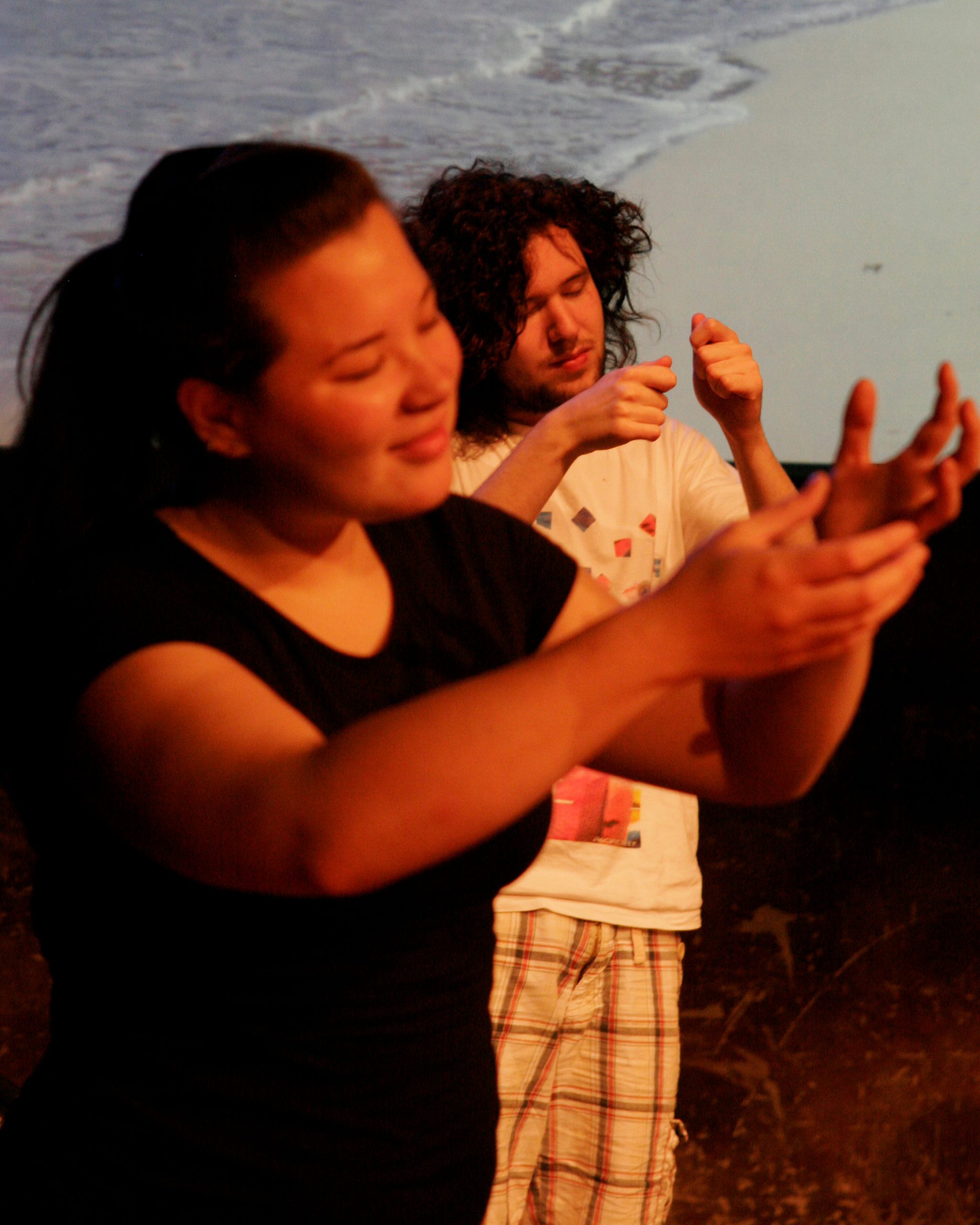Case Study
Welbot

Partners
University of Aberdeen
University of Edinburgh
University of Strathclyde
Sectors
Creative Industries
Life and Chemical Sciences
Regions
Edinburgh & Lothians
“Sitting is more dangerous than smoking, kills more people than HIV and is more treacherous than parachuting. We are sitting ourselves to death.” Dr James Levine, Director of the Mayo Clinic, Arizona State University
Company Background
Each year, significant numbers of workers suffer ill health as a result of poor ergonomics and unhealthy lifestyles at work. This has an impact on quality of life and results in tens of millions of lost sick days. With awareness growing of the adverse effects of sedentary, desk-bound, computer-centric work lifestyles, Welbot was founded in Edinburgh in 2017 with a primary goal of helping people take control of their wellbeing in the workplace by instigating positive behavioural modification through the use of smart, appropriate technologies.
The Welbot team comprises of Mykay Kamara (CEO), Sam Deere (CTO) and Pete Burns (CDO) who are a close-knit group of commercial, technology and marketing minds working alongside Creative Directors Ian Greenhill and Jordan Laird, with the business being chaired by Ian Smith ex-MD of Oracle UK.
Welbot is a cross-platform, digital intervention and productivity platform, tailored to each user, that helps employees stay physically and mentally well in the workplace by learning and adapting to the actions that they take. The wellness management software encourages activities such as stretching, screen breaks, nutrition, mindfulness, hydration, micro exercises and simple, rewarding brain training games and is designed and engineered for both individual and large-scale enterprise use.
Challenge
The company initially wanted to collaborate with a university to understand how they could extract knowledge and insights from data and machine learning, especially around autonomous, self-teaching systems that can analyse data and provide insights to human behaviour. The aim of this project was to 1. investigate the use of predictive models of user response to screen-based notifications and prompts and 2. provide a path for future enhancement of the underlying Welbot AI framework.
Solution
Interface connected the team with the Department of Computing and Information Science at the University of Strathclyde, where they were successfully awarded a Scottish Funding Council Innovation Voucher to address the company’s challenge and to develop a proof of concept prototype to incorporate the findings into the application roadmap.
Follow-on Activity
In addition, Interface saw the opportunity to provide additional support to the company by partnering them with marketing and business students at both the University of Strathclyde and the University of Edinburgh. Interface drew up a project outline and introduced the team to the academic supervisors at both universities. The projects were approved and the company now has a student team from Marketing at the University of Strathclyde researching, analysing and making recommendations to support their business strategy around corporate wellbeing programmes in the UK, as well as an Msc student from the University of Edinburgh, doing a company sponsored dissertation on evaluating the uptake and Return On Investment of wellbeing programmes.
Offering further support to the company, Interface issued another search across the universities to support their requirement of cross-disciplinary academic expertise in exercise physiology and computer science. They were ultimately partnered again with the University of Strathclyde who had the best fit to continue the project. Strathclyde were successfully awarded a Follow-On Innovation Voucher and they have drawn upon academic expertise from both the School of Psychological Sciences and Health (PSH) and Computer and Information Sciences (CIS). This project will address analytics of user behavioural data and the psychological effects of prolonged sedentary behaviour on the body.
Welbot are also working with experts in behavioural sciences within the University of Strathclyde, University of Edinburgh and University of Aberdeen to look at psychological and behavioural sciences with a focus on occupational stress, behaviours relating to wellbeing in the workplace, and responses to stimuli to change behaviour in a technology setting.
These collaborations have all been achieved within just an eight-month time frame.


